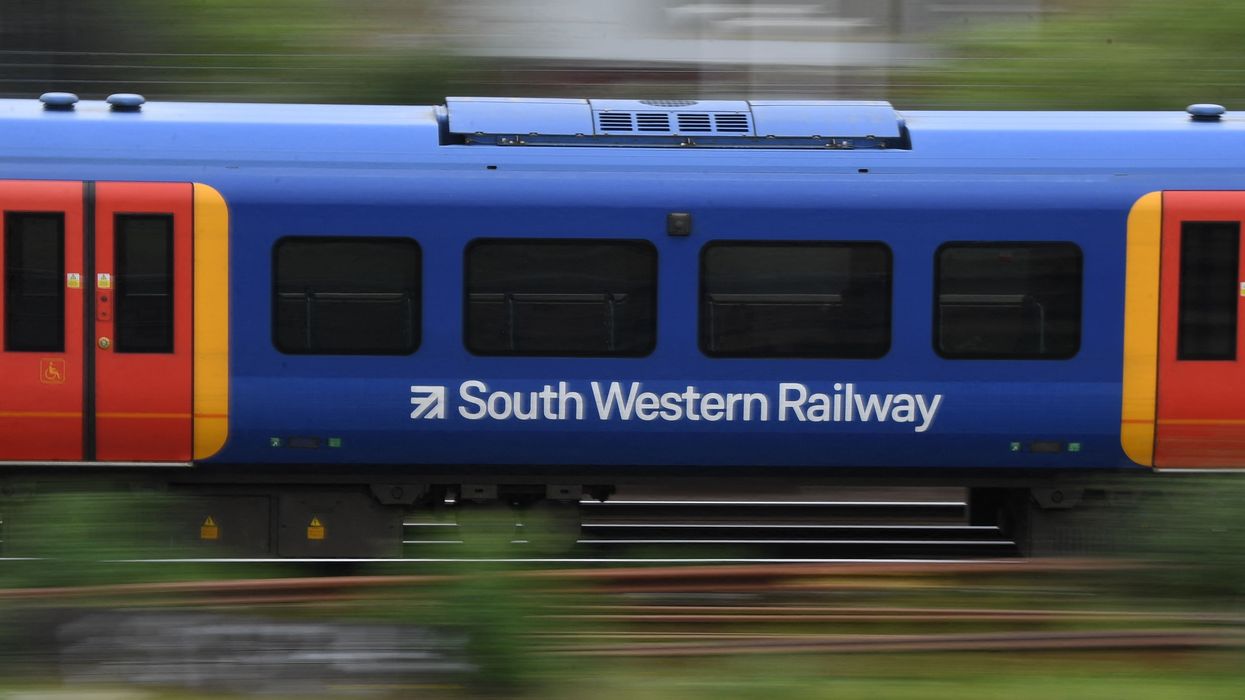SOUTH WESTERN RAILWAYS on Sunday became the first private train operator in the UK to return to public ownership as part of the Labour government’s plans to renationalise the country’s railways.
Renationalising rail operators is a key policy under prime minister Keir Starmer, who led his party back to power last July after 14 years in opposition.
“Today is a watershed moment in our work to return the railways to the service of passengers,” transport secretary Heidi Alexander said in a statement.
Train passengers in Britain face frequent cancellations, high ticket prices and confusion over which services they can use.
Privatisation of train operations began in the mid-1990s under Conservative prime minister John Major, but the rail network remained publicly owned and run by Network Rail.
Four of the 14 operators in England are already run by the state due to poor performance in recent years. This was originally meant to be temporary before returning to the private sector.
Labour defeated the Conservatives in elections last year, promising to improve the country’s transport services.
Legislation was passed in November to bring train operators into public ownership when contracts expire, or sooner if there is poor management. The rail operators will be managed by “Great British Railways”.
Alexander said this would end “30 years of fragmentation”, but warned that “change isn’t going to happen overnight”.
“We’ve always been clear that public ownership isn’t a silver bullet, but we are really firing this starting gun in that race for a truly 21st-century railway, and that does mean refocusing away from private profit and towards the public good,” she said.
South Western’s first service under public ownership on Sunday was a rail replacement bus.
Government data shows that four per cent of train services in Britain were cancelled in the year to April 26.
Rail unions, which have held strikes in recent years over pay and conditions during the cost-of-living crisis, welcomed the takeover.
“We’re delighted that Britain’s railways are being brought back where they belong -- into the public sector,” said Mick Whelan, general secretary of the union Aslef.
“Everyone in the rail industry knows that privatisation... didn’t, and doesn’t, work,” he said.
Two more operators serving southeastern and eastern England are set to be brought back into public ownership by late 2025.
All current contracts are due to end by 2027.
The government said renationalisation could save up to £150 million per year as it will no longer have to pay compensation fees to rail operators.
The main rail operators in Scotland and Wales, where transport policy is handled by the devolved governments, are also publicly owned.
(With inputs from agencies)





